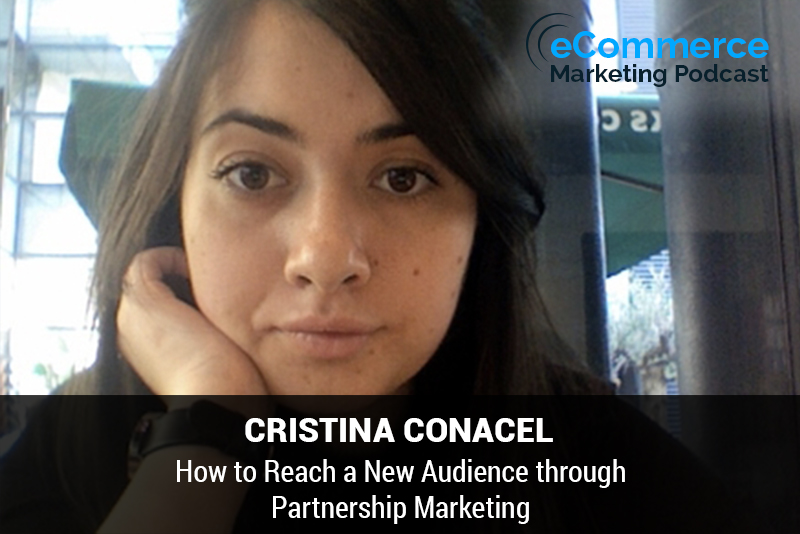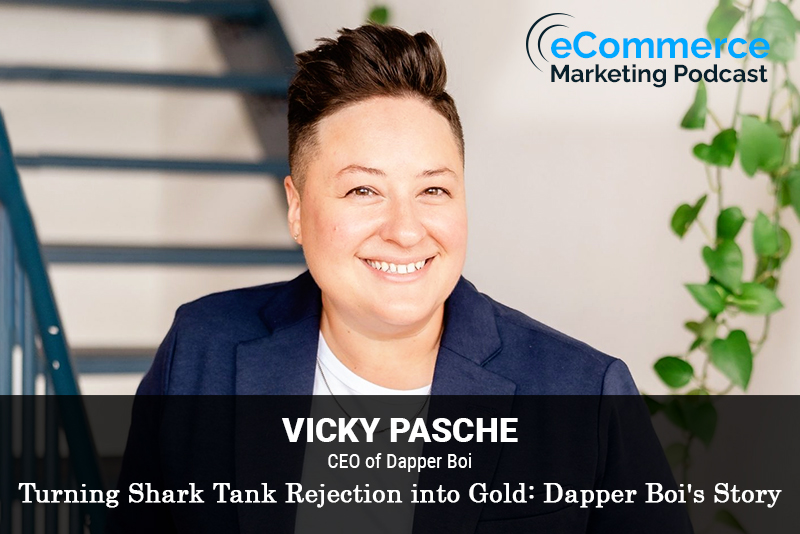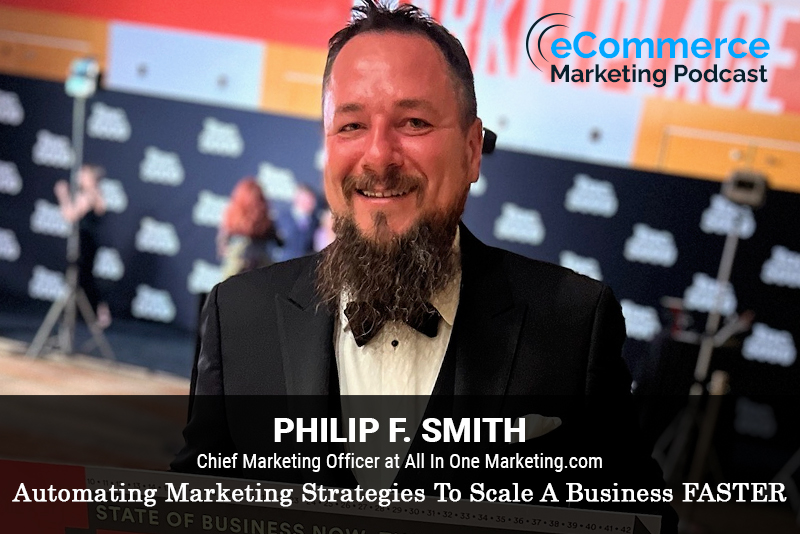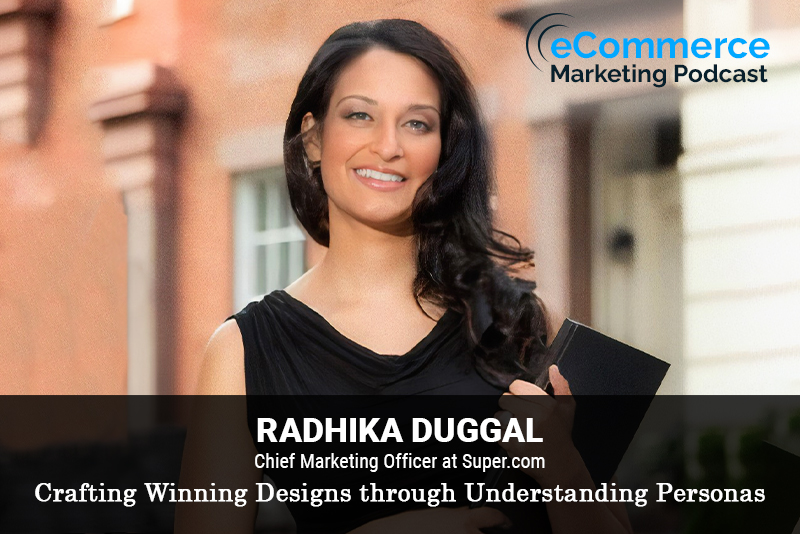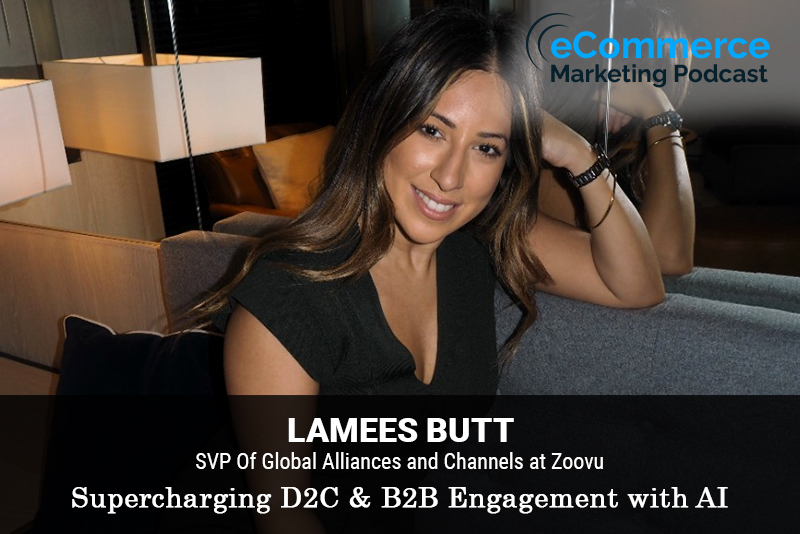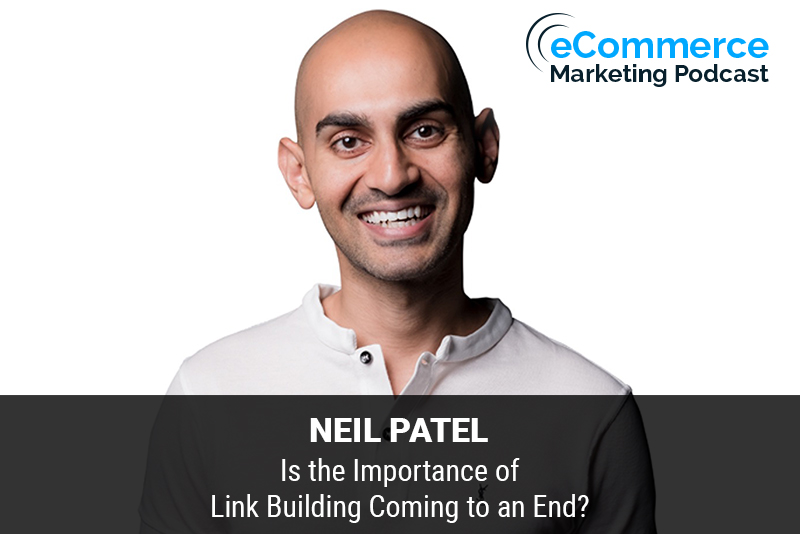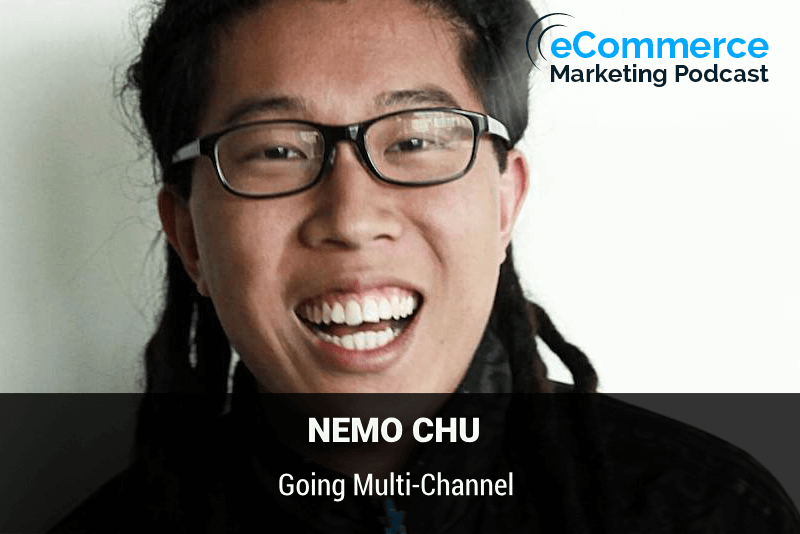
The eCommerce Marketing Podcast walks you through everything that goes into ecommerce marketing — from inbound marketing to paid advertising to conversions. Learn the strategies top marketing experts use to grow their businesses.
Marketing Strategies Revealed in this Episode:
- What is partnership marketing
- What are some do’s and don’ts when it comes to forming partnerships
- Why partnerships so important for any type of business these days
- Examples of successful co-marketing campaigns
- Partnerships between big brands and what we can learn from them

Episode Title: How to Reach a New Audience through Partnership Marketing
Guest: Cristina Conacel, Founder of BootstrapBay.com
In this episode of the eCommerce Marketing Podcast, Arlen Robinson interviews Cristina Conacel, the founder of BootstrapBay.com, a marketplace for premium Bootstrap resources. Cristina shares her journey from being a freelance web developer to managing successful web development startups. The focus of the discussion is on partnership marketing and its various options for eCommerce companies. Cristina provides insights into how businesses can form effective partnerships to reach new audiences and drive sales.
Key Takeaways:
- Cristina’s Background and Journey (00:02:00):
- From a web developer to managing BootstrapBay, Cristina shares her entrepreneurial journey and the diverse experiences that shaped her career.
- Understanding Partnership Marketing (00:05:00):
- Partnership marketing involves collaborating with other businesses that share the same target audience to reach users together.
- Effective Partnership Marketing Strategies (00:08:00):
- Affiliates: Collaborate with blogs and content creators to promote products in exchange for a share of the sales.
- Guest Blog Posts: Exchange blog posts with platforms that have similar interests to increase visibility and SEO benefits.
- Charitable Events and Sponsorships: Engage in events that align with your brand to gain exposure and build goodwill.
- Joint Products: Create products with other businesses to benefit from each other’s audience.
- Do’s and Don’ts of Forming Partnerships (00:15:00):
- Be clear about what you are offering and what partners can expect.
- Don’t take “no” as a final answer; revisit potential partnerships later.
- Aim to offer more value (51%) than you receive to ensure mutual benefit.
- Think long-term and fix any issues early to avoid conflicts.
- Importance of Partnerships in the Current Marketing Landscape (00:22:00):
- With the shift in how people consume content and buy products, partnerships allow businesses to reach targeted audiences effectively.
- Examples of Successful Co-marketing Campaigns (00:25:00):
- Highlight partnerships with influencers and content creators on platforms like Snapchat and TikTok.
- Ensure campaigns are trackable to measure success accurately.
- Lessons from Major Brands (00:30:00):
- Kanye West and Adidas: Increased brand visibility and sales through collaboration.
- Nike and Apple: Successful long-term partnership integrating fitness and technology.
- Uber: Localized partnerships to promote services during events and festivals.
Guest Information:
- Name: Cristina Conacel
- Position: Founder of BootstrapBay.com
- Contact: BootstrapBay.com
- Email: [email protected]

